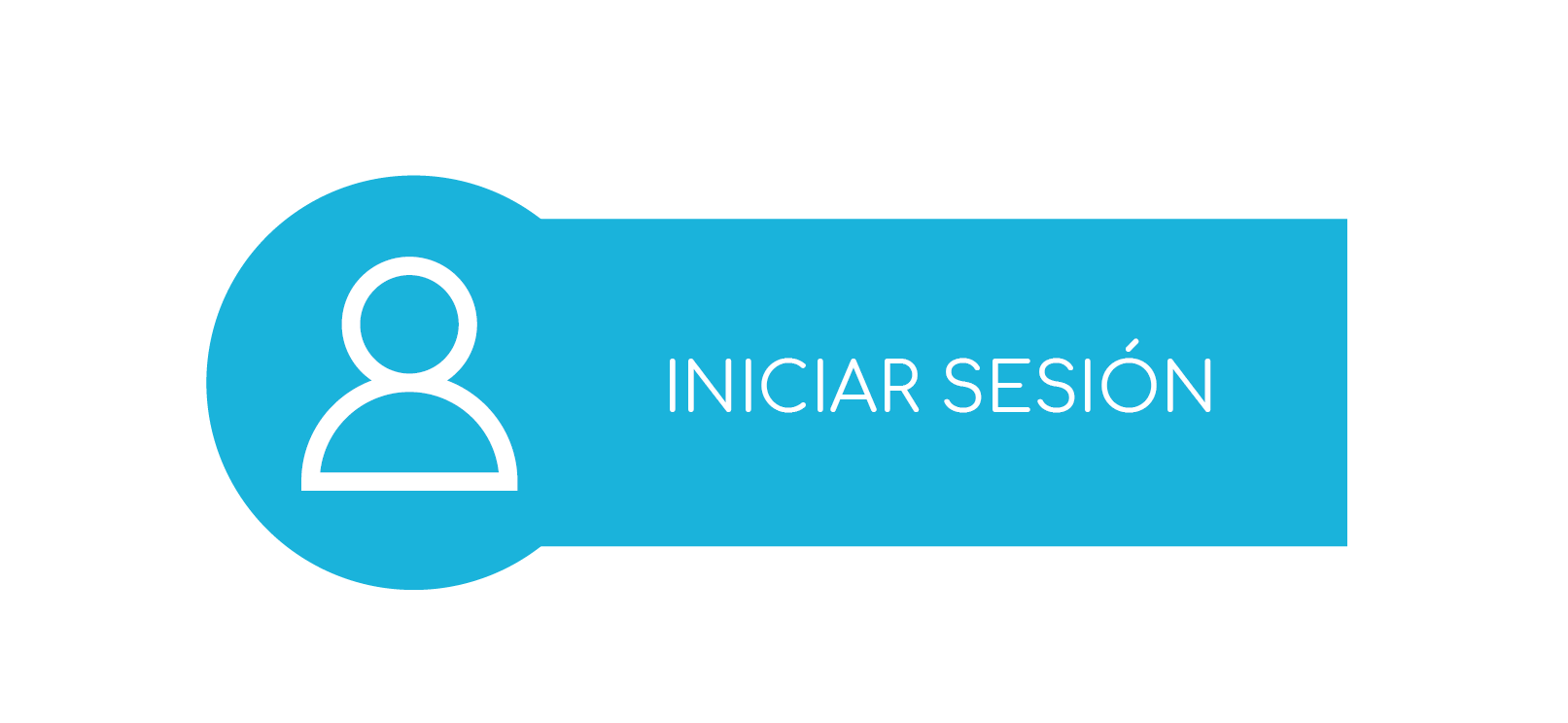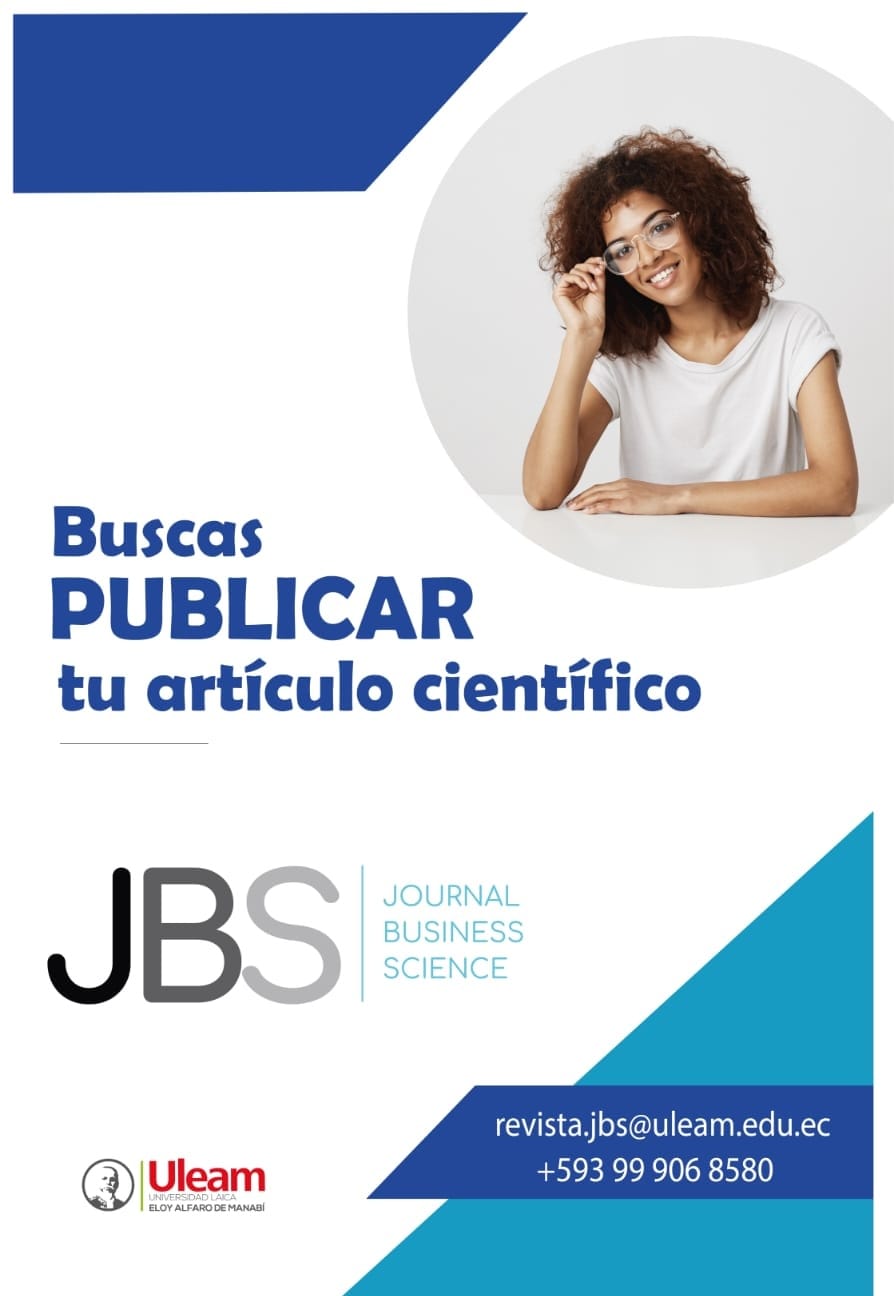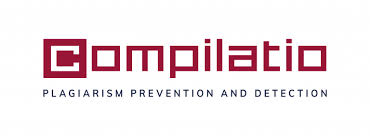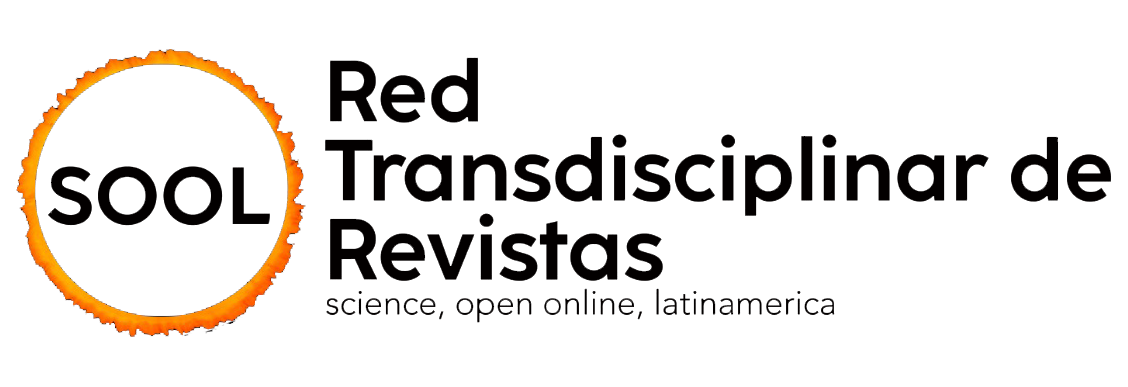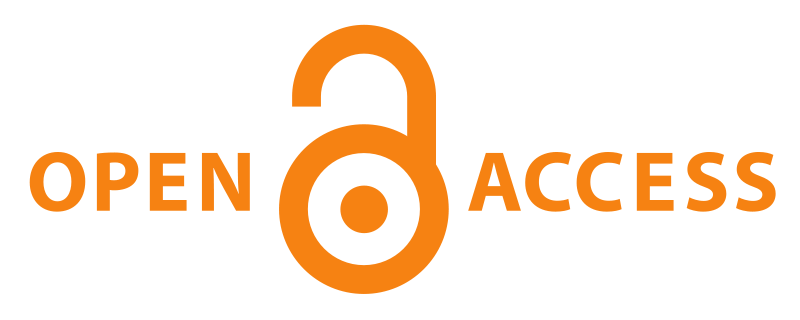Neuromarketing: su influencia en la decisión de consumo del sector hotelero urbano de Manta, Ecuador
DOI:
https://doi.org/10.56124/jbs.v5i1.010Palabras clave:
Neuromarketing, Industria hotelera, Competencia, Decisiones de consumoResumen
La industria hotelera se enfrenta a un entorno competitivo cada vez más exigente, por ello el estudio pretendió analizar la aplicación del neuromarketing en la industria hotelera, centrándose en el contexto urbano de Manta - Ecuador. Se aplicó un enfoque mixto (cuali-cuantitativo), bajo el método inductivo, con varios tipos de investigación, como la bibliográfica, de campo, exploratoria, explicativa, entre otras. La recopilación de datos se efectuó mediante una encuesta en escala de Likert, a un total de 384 participantes, entre ellos visitantes nacionales y extranjeros. La investigación permitió comprobar afirmativamente la hipótesis general, con un coeficiente de “Rho de Spearman” de 0,867, respecto a la influencia del neuromarketing sobre la decisión de consumo. Los resultados sugieren que las empresas hoteleras que quieran destacar entre la competencia, deben implementar estrategias que incentiven el comportamiento del consumidor, creando sobre todo experiencias atractivas y memorables para el retorno del turista.
Palabras clave: Neuromarketing, Industria hotelera, Competencia, Decisiones de consumo.
Citas
Berger, J., Schwartz, N. & Kahneman, D. (2022). Neuromarketing and customer satisfaction: A field study of the impact of neuromarketing on customer satisfaction in the hotel industry. Journal of Retailing, 1-15.
Calderón, J. (2022). Neuromarketing y la industria hotelera: una revisión de la literatura. Universidad Libre de Colombia.
Gómez, M., García, J., García, J. & Ruiz, M. (2018). Frontiers in Psychology. Retrieved from "The Triune Brain Model: Past, Present, and Future". https://doi.org/10.3389/fpsyg.2018.01769: https://doi.org/10.3389/fpsyg.2018.01769
Guerrero, M. (2020). Neuromarketing: Una disciplina fascinante para entender el comportamiento del consumidor. ESIC Editorial.
Hair, J., Black, W., Babin, B., Anderson, R. & Tatham, R. (2010). Multivariate Data Analysis (7th ed.). Pearson.
Hernández, M., y Pérez, J. (2019). El impacto de las emociones positivas en la intención de compra de los consumidores. Revista de Investigación en Marketing, 3-14.
Hernández, R. (2014). Metodología de la investigación. Ed. McGraw Hill.
Hess, U., Camerer, C. & Knoll, J. (2021). The impact of neuromarketing on consumer behavior: A review and research agenda. Journal of Marketing.
Instituto Nacional de Estadisticas y Censos - INEC. (2022). Población y Demografía. https://www.ecuadorencifras.gob.ec/
Kotler, P. (2018). Marketing 101: Fundamentos de marketing. Pearson Educación.
Malhotra, N., Nunan, D. & Birks, D. (2017). Marketing Research: An Applied Approach (5th ed.). Pearson Education.
Ministerio de Turismo de Ecuador. (2023). Plan Estratégico de Turismo para el Ecuador 2023-2027. Ministerio de Turismo de Ecuador.
Ministerio de Turismo de Ecuador. (2023). Sitio web oficial. https://www.turismo.gob.ec/
Muñiz, L. (2018). Neuromarketing: Una nueva forma de entender la publicidad. ESIC Editorial.
Oliver, D. (2019). Marketing hotelero: Conceptos, estrategias y casos. Profit Editorial.
OMS, O. (2023). Principios éticos de la investigación científica. https://www.who.int/ethics/research/en/
Pérez, J. (2018). Neuromarketing: la mente del consumidor. Ediciones Deusto.
Picón, A. (2018). Neuromarketing: La ciencia detrás de la publicidad. ESIC Editorial.
Radhakrishnan, V., Sivakumaran, B. & Kumar, K. (2019). The impact of personalized experiences on customer satisfaction and loyalty in the hotel industry. Journal of Hospitality Marketing & Management, 106-129.
Renvoise, M. (2017). Neuromarketing: Cómo usar el poder del cerebro para vender más. Ediciones Deusto.
Sampedro, J. y Sampedro, J. (2018). La encuesta como técnica de investigación social. Revista de Investigación Educativa, 157-172.
Shaw, S., Shaw, D. y Baker, M. (2023). The Hospitality Industry: A Strategic Approach. Routledge.
Tirapu, J. (2018). Neuropsicología de la memoria. Editorial Panamericana.
Vásquez, J. (2017). Metodología de la investigación. McGraw-Hill.
Wang, X., Wang, J. & Zhang, X. (2021). The Likert scale: A versatile tool for measuring attitudes, opinions, and behavior. Social Science Quarterly, 971-986.
Descargas
Publicado
Cómo citar
Número
Sección
Licencia
Derechos de autor 2024 David Johan Rodas Saltos, Jenny Carolina Herrera Bartolomé, Cristhian David García Holguín

Esta obra está bajo una licencia internacional Creative Commons Atribución-NoComercial-CompartirIgual 4.0.

